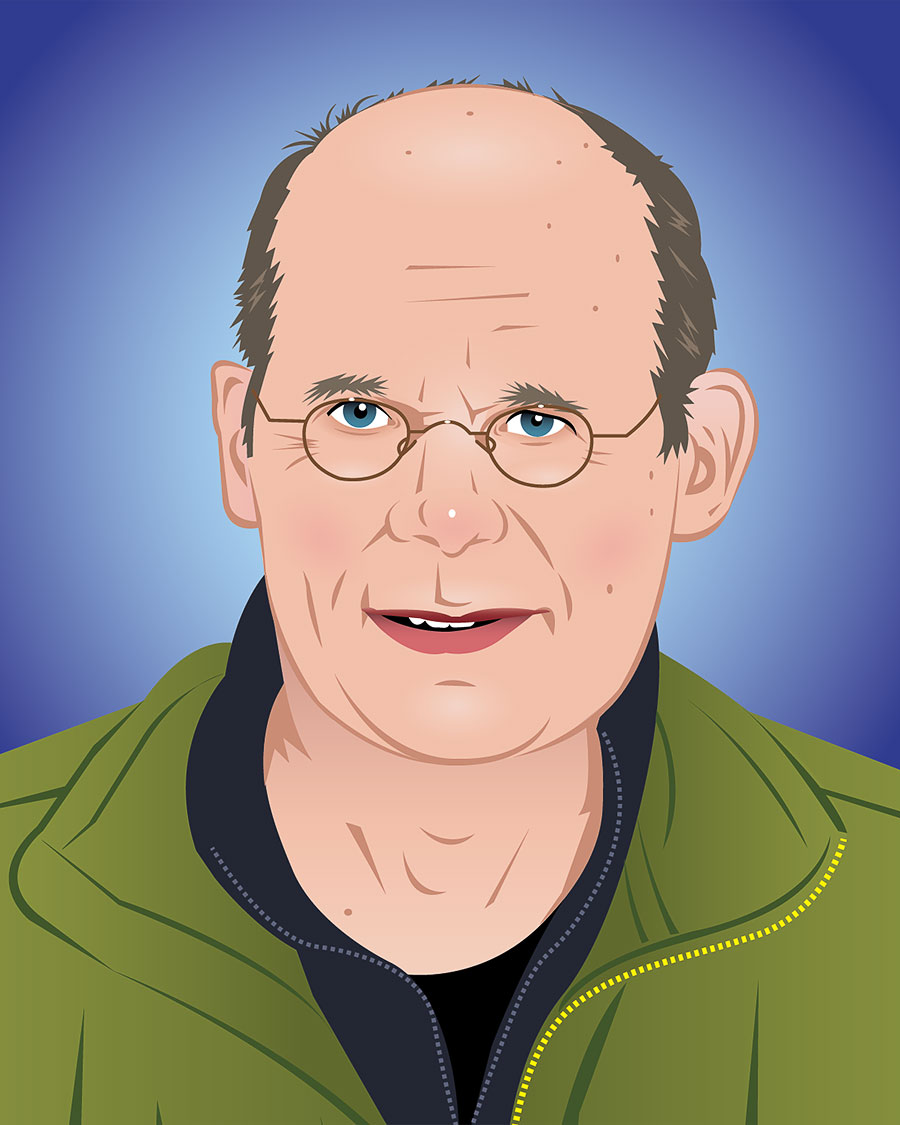■ I fell into this craft accidentally when I got a job at a small alternative paper in Lansing, Michigan, in the late ’70s. That was my first exposure to the labor movement. It was a difficult time. The auto companies were asking for givebacks from their members, so there was a lot of tension. I very quickly realized that if somebody was going to pay me to do this, it’s what I wanted to do. Left to my own devices, I would just sort of hole up in my office at home. It pushed me out into the world and gave me license to spend time with people.
■ The notion of journalistic objectivity is bullshit. We’re not blank slates. When we walk into a moment or a situation, we come with our own set of personal and collective experiences. I end up spending months, sometimes years, with people, and inevitably form relationships with them. And the relationships may not be uncomplicated. It’s hard to be a journalist without having empathy.
■ By the time I was finished with There Are No Children Here, I was really angry for all the reasons you can imagine. In the world’s most prosperous country, how is it that people are living in conditions like this? How is it that people somehow still believe that race doesn’t matter anymore? One of the challenges as a writer is to put that anger aside and let the readers get angry. With my last book, An American Summer, many of the people in it are talking about the worst moment in their life, where they were touched by violent things. That got into my marrow and bones. When I began to write, I became really depressed in a way I had never experienced before. I got help and came to realize that I had this vicarious trauma from listening to these stories.
■ I grew up in the 1960s and early ’70s at a time when there was this belief that we needed to find ways to make life fair and more just. America was coming out of the civil rights movement, and my mother was a social worker who dragged my brother and me off to antiwar rallies. My dad was a writer, so I grew up in a household of books.
■ I ended up dropping out of Wesleyan for a while and was headed to New Orleans for a job when I stopped in Atlanta. Somebody put me in touch with an Episcopalian minister who ran a settlement house, and I stayed for eight months working as a community organizer, mostly with kids, in what was then the second-poorest census tract in the country. It was a transformative experience. I thought I was pretty savvy, but until I spent time in Atlanta and saw this kind of segregation, I don’t think I fully understood.
■ I feel like I’m still writing about the things I was writing about 30 or 40 years ago, and I still am just as angry about it. But the thing that keeps it from feeling Sisyphean is that the people I’ve met are pretty remarkable, and most of them are moving forward heroically.



